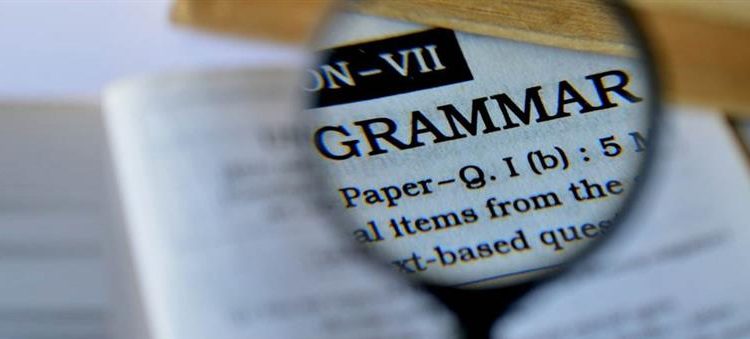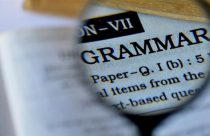“If-then”: Using Conditional Sentences in Academic Writing

Conditional sentences are statements of an “if-then” or “unless-then” situation (although “then” is not used), or a probability. These sentences present situations and their possible outcomes. Conditional sentences are often used to discuss the results of the research studies or are part of a research hypothesis statement.
Conditional sentences are perfectly acceptable and, in many cases, necessary to state and test a condition and its outcome. Most authors of the scientific papers will use these sentences in their abstracts to discuss the reasons to conduct their study. So, it is important to frame them correctly.
One way of writing conditional sentences correctly is using Trinka – world’s first AI-powered grammar checker and language enhancement tool custom designed for academic writing. Its smart features help you in incorporating all the requirements of academic writing such as formal tone, consistency, style guide preferences and much more! Moreover, Trinka corrects advance grammar errors unique to technical writing which includes conditional sentences, too.
Types of Conditional Sentences
Conditional sentences are constructed using two clauses—the if (or unless) clause and the main clause. There are five types of conditional sentences. It is important to understand each because each conveys a different meaning. Some conditional sentences refer to the general truths and others to hypothetical situations.
- Zero conditional sentences refer to the general truth about a situation. These sentences state that one condition always results in the same outcome. For example:
If I don’t turn on my air conditioner, my house is hot.
Note that the both clauses are in the present tense.
- First conditional sentences present a situation in which a future outcome is not ensured. For example:
If you eat your broccoli, you will feel great.
Note that the present tense is used in the if clause and the future tense in the main clause.
- Second conditional sentences express if clauses and results that are extremely unlikely, such as those we “wish for.” For example:
If I had control over the food sources, I would end world hunger.
Note the use of the simple past tense in the if clause and the verb (i.e., would, could, should) in the main clause.
- Third conditional sentences are a bit different. They suggest that the result would be different had the past been different. For example:
If you had told me you were hungry, I would have bought food for you.
Note that the conditions did not happen. The past perfect tense (had + past participle form of the verb) is used in the if clause and the verb (would) plus “have” plus the past participle of the verb was used in the main clause.
- Mixed type conditional sentences refer to something in the past but continuing into the present; however, the past condition and the results are not real. For example,
If I had learned to ride sooner, I would be a top rodeo star by now.
Note that the past perfect verb is used in the if clause and the present conditional verb is used in the main clause.
Punctuating these conditional sentences is simple. Use a comma to separate the if clause from the main clause when the if clause comes first. Again, Trinka can help you in the punctuating the sentences correctly, within minutes!
Some Exceptions to the Rules
For example, in the following sentence, we use the simple future verb in the if clause:
If turmeric will ease my arthritis pain, I will take some every day.
Note that the action in the if clause hasn’t happened yet, but will happen after the action in the main clause is taken.
The use of were to in the if clause is another exception. This phrase is used to emphasize the importance of the result of something that might happen. For example:
If she were to fall on that arm again, she would have to have surgery.
The action in the main clause is emphasized by were to in the if clause.
Importance to Researchers
In your research, you are most likely going to either perform your own experiments or use the results of others’ experiments to conduct a meta-analysis. Whichever the case, you will need to report your findings and assessments. In doing so, there will be situations in which the results of your study or even future studies are based on certain conditions. Your conclusions are based on evidence, data, or theory. You might present your conclusions as likelihoods that something has already happened, is currently happening, or will happen at some point. This is where conditional sentence is a great help.
Writing conditional sentences might appear to be a difficult thing to do, but with practice and good understanding of the above mentioned rules, you can perfect it. Alternatively, you can check out Trinka! Its robust AI facilitates you in integrating all the conventions and language requirements of academic writing. Along with, conditional sentences Trinka can also assist you in logic, syntax, technical spellings and much more!









i found answer to my question whuch i hve been searching relly hard. it was a great experice.